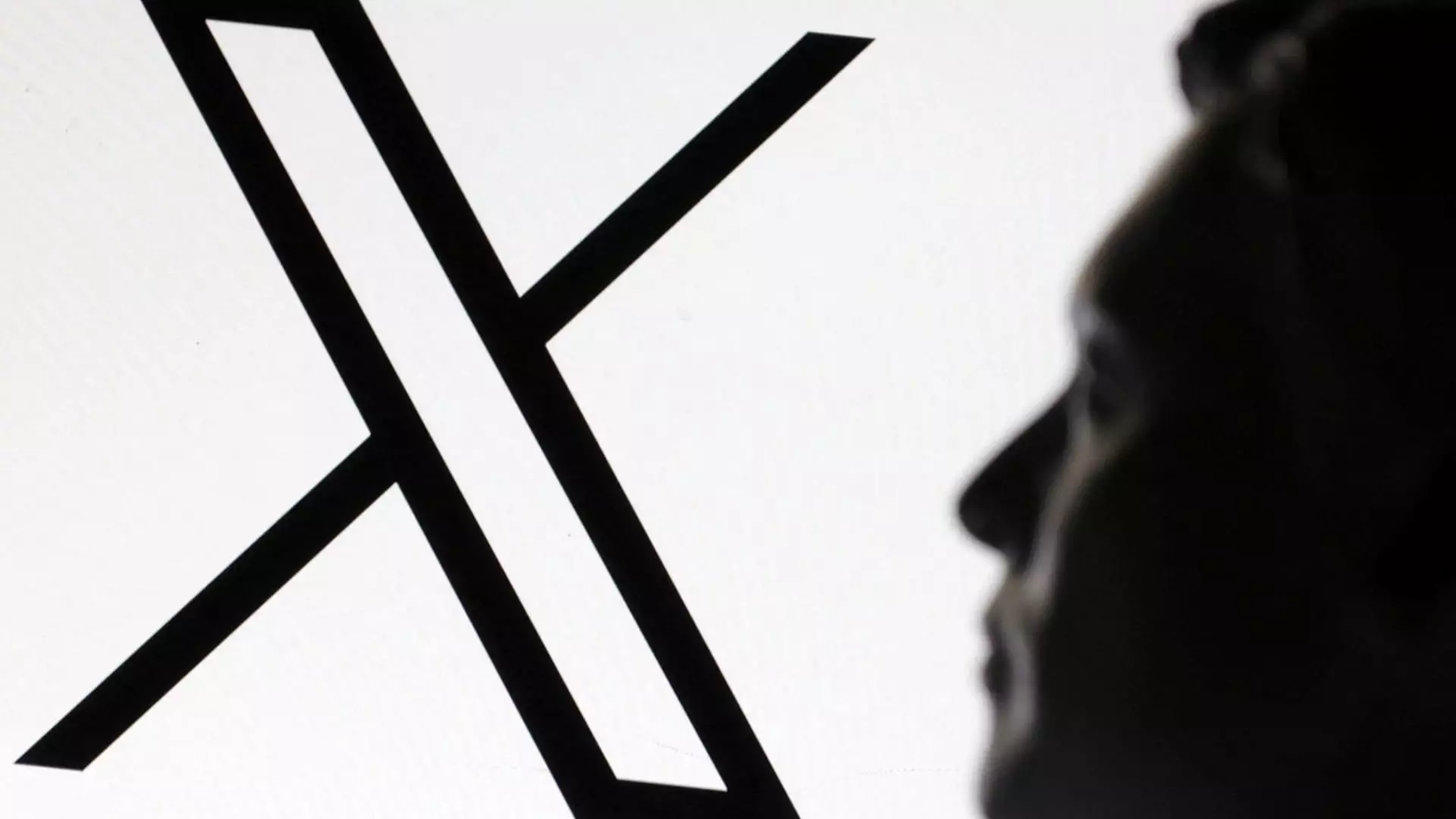The recent denial by X, formerly known as Twitter, exposes a complex web of political friction, corporate defiance, and the perceived erosion of free speech. At the heart of the controversy lies France’s criminal investigation into alleged data manipulation and algorithmic tampering. However, X’s vehement rejection of these allegations underscores a broader narrative: the clash between governmental authority and corporate sovereignty in the digital age. The company’s stance suggests that this investigation is less about ensuring regulatory compliance and more about curbing influence—particularly speech that challenges established narratives or threatens political interests.
Fundamentally, the entire situation invites us to scrutinize the intentions behind such investigations. Are they genuine efforts to protect data integrity and national security, or are they subtly weaponized tools aimed at controlling digital discourse? X’s assertion that the probe is “politically motivated” hints at a tendency for governments to leverage legal mechanisms to silence dissent. This raises an essential question: how much leverage do state agencies wield over multinational tech platforms, and to what extent does this power threaten democratic principles of free expression?
Algorithmic Transparency or Political Maneuvering?
One of the core issues lies in the demand for access to X’s recommendation algorithm and real-time user data—a request that the platform refuses to honor. This insistence on data transparency is often justified as a critical step in preventing foreign interference and malicious manipulation. However, X’s refusal and the framing of French authorities’ requests as an infringement of rights raises concerns about the actual motives.
Algorithms are inherently opaque; their design and functioning are complex and often proprietary. Forcing companies to reveal detailed operational data can set a dangerous precedent, effectively empowering governments to scrutinize, audit, and potentially manipulate the very core of digital platforms. When a government demands access to real-time data under the guise of national security, it risks crossing into censorship, especially when the process lacks checks and balances. The fact that X contends this is a political stunt aimed at restricting free speech reveals an underlying suspicion: that governments may use legal tools as a guise for ideological control.
Moreover, the involvement of individuals like David Chavalarias and Maziyar Panahi as part of the review process introduces biases that undermine the investigation’s credibility. If experts associated with campaigns to discredit or undermine the platform are involved, the entire process becomes politicized. It suggests that the investigation could be less about uncovering truth and more about framing X as a villain—a tactic reminiscent of broader efforts to discredit digital platforms that challenge or threaten governmental authority.
The Broader Implications for Digital Sovereignty
This conflict highlights a broader trend in global digital sovereignty. Governments increasingly see large social media platforms as extensions of state power, tools for influencing public opinion, or vectors for foreign interference. While legitimate concerns about data security and misinformation exist, the methods employed often blur the line between regulation and censorship.
X’s stubborn refusal to comply points to a philosophical stance emphasizing autonomy over externally imposed transparency. Musk’s platform positions itself as a defender of free speech, resisting what it perceives as government overreach. The core issue becomes whether digital platforms should bow to national authorities or claim independence as quasi-citizens of the global digital ecosystem.
The ongoing conflict reflects a fundamental debate: should technology companies serve as neutral entities prioritizing user rights, or are they increasingly pawns in geopolitical chess? The French investigation exemplifies the risks of allowing political motives to taint regulatory efforts, risking a future where free expression is stifled under the guise of security.
The confrontation between X and French authorities reveals more than a legal dispute; it exposes the fragility of digital rights in an era where states seek to extend their control over online spaces. Musk’s refusal to cooperate, framed as a stand for free speech, also raises questions about the limits of corporate responsibility against government interference.
The crux of the matter is whether we accept governments recalibrating the rules to serve political agendas or demand a genuine commitment to transparency and fairness. If investigations become cloaked political tools, the very foundation of open digital discourse is threatened. As the world watches how this saga unfolds, it becomes clear that the battle for digital sovereignty is intertwined with broader ideological struggles—not just between corporations and governments, but between freedom and control itself.

